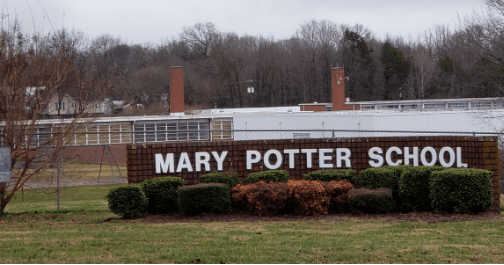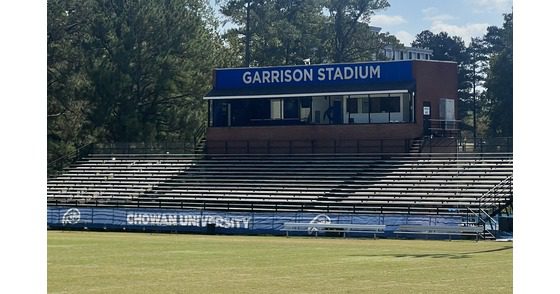Walter Alexander Pattillo was a Baptist preacher, newspaper publisher and accomplished farmer who established a dozen churches in and around Old Granville County. He died young – age 57 – but his legacy has had a lasting impact throughout the area.
Local historian Mark Pace said Walter Pattillo was born in 1850, the son of plantation owner James Pattillo and Hannah Turner, an enslaved woman.
Although he was only 15 years old when the Civil War ended, Pattillo had an advantage that not many enslaved people had:
He already knew how to read and write.
Pattillo married Ida Hart of Stovall in 1870 and they raised 14 children in what is now present-day Granville County.
During the Reconstruction era – which Pace defines as that 35-year period between 1865 and 1900 – Pattillo was active in the community as a minister, an educator, a farmer and newspaper publisher.
But he was never really involved in politics, Pace said on the tri-weekly history segment of TownTalk.
“He was kinda the guy behind the scenes,” Pace said. Other local prominent African Americans such as Henry Plummer Cheatham and James Hunter Young may have garnered statewide and national attention, wielding a lot of influence and political power, “but in a lot of ways it was Pattillo who had the (real) power,” he said.
He was but 16 years old when he adopted the Baptist faith and was “openly very religious,” Pace said.
He was also a carpenter and ran a sawmill and took care of his mother and sisters during their lifetimes.
A farmer who believed in education and religion, Pattillo became part of what was called the Colored Farmers Alliance, the largest group of African Americans outside of the church. This group helped elect Cheatham and George Henry White, among others to Congress during Reconstruction.
But as an educator, Pattillo also is credited with establishing the first school for African Americans that was run by African Americans.
And although it took him awhile to do it, Pattillo graduated from Shaw University in Raleigh.
“How he did that, when it took a day to get on a horse and go to Raleigh and back,” Pace mused, must have been quite a feat. He enrolled in 1873 and was graduated in 1887.
One fellow alumnus was none other than Henry Plummer Cheatham.
The majority of churches he helped establish over the years are still active churches and include Cedar Grove Baptist, Michaels Creek, Stovall Baptist, Blue Wing Church near Virgilina, Blue Wing Grove Baptist, First Baptist Church, Oxford, Flat Creek Baptist in Williamsboro, Mt. Olive in South Boston, New Jonathan Creek, Olive Grove Baptist and Penn Avenue Baptist, where he was pastor when he died in 1908.
He started his first church in Stovall in 1873, one year before becoming ordained. That one-room log cabin became Stovall Baptist Church, which remains active today.
Right before the Civil War began, Pace said Granville County was the largest slaveholding county in the state. It also had about 900 freed Blacks residing within the county, so when the Civil War ended and enslaved people were emancipated, Granville County found itself with a majority Black population that would largely vote Republican. The 1870 Census documents that more than two-thirds of the county population was African American, Pace said.
(Remember: The Republican Party at that time was considered “the party of Lincoln,” and was more progressive than the Democratic party of the day.)
Granville County consistently elected Blacks to public office and sent numerous Black legislators to Washington, including the aforementioned Cheatham and Young.
In addition to his contributions to politics, religion and education in the area, Pattillo also was instrumental in establishing what is now known as Central Children’s Home in Oxford, founded in 1882.
“He left so many legacies,” Pace said. “He was an incredibly talented person.”
CLICK PLAY!


















